From the Earth’s core to outer space: understanding the magnetic field
A special webinar focusing on our our geomagnetism research, including how we measure the magnetic field, everyday applications and mitigating the threats of space weather.
Event on 26/03/2024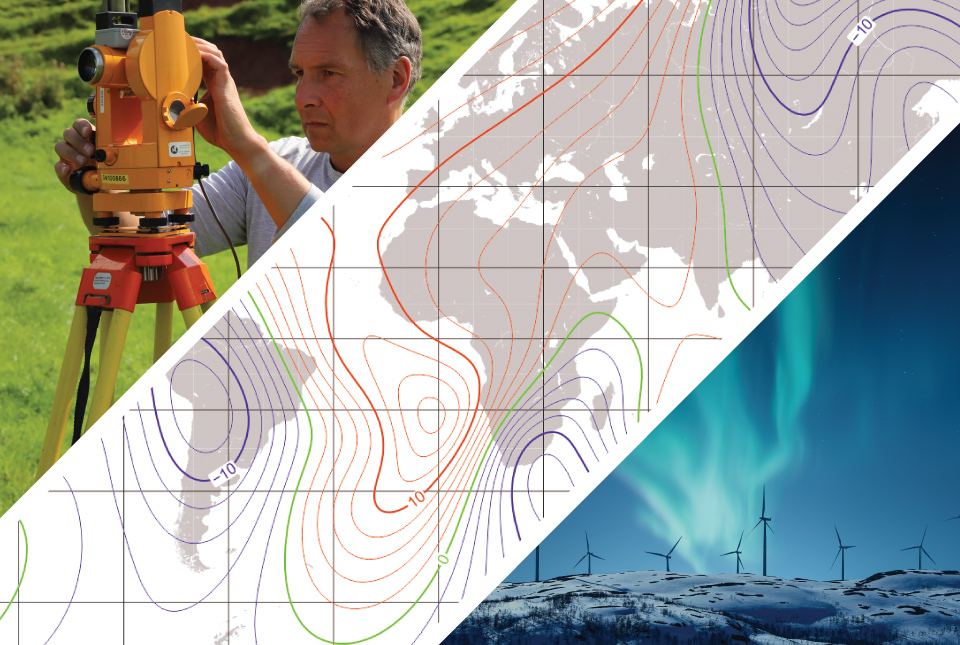
The Earth’s magnetic field has been measured in some form or another since the invention of the compass over 1000 years ago. However, the geomagnetic field is not static and changes with time and location. How do we accurately monitor this field? Why is this data so crucial and how does it protect us from the effects of space weather? This special webinar focuses on some of the cutting-edge geomagnetism research currently being undertaken at BGS.
This webinar covers three areas of our research: monitoring the magnetic field, its applications in our everyday lives and mitigating against the effects of space weather. The webinar concludes with a Q&A session – additional answers to questions which we were not able to cover in the live session can be downloaded from our website.


Watch a recording of this webinar online.
Monitoring the magnetic field
Using high-precision instruments on the Earth and in space, we continuously monitor the magnetic field and the way it changes. The information we gather helps us improve our understanding of how fluid motion in the Earth’s outer core and energetic events on the surface of the Sun can affect our daily lives.
Applications in our everyday lives
The magnetic field provides us with a critical tool for navigation that is buried in a surprisingly wide array of technologies. From satellites to mobile phones, measurements of the magnetic field are constantly being used behind the scenes to work out which way we are facing.
BGS uses measurements from satellites and ground observatories to map Earth’s everchanging magnetic field and predict its future changes so that we can continue to find our way.
Mitigating against the effects of space weather
The Earth’s magnetic field plays an important role in protecting us from the effects of space weather. Geomagnetic storms are a natural hazard that can be severely disruptive through their potential to interfere with the operation of, or even cause damage to, ground-based infrastructure such as power grids, pipelines and railways. As the use of near-Earth space increases and our reliance on technology grows, it is becoming ever more important to understand the causes and effects of space weather in order to mitigate against them.

BGS Strategy 2023 to 2028: Understanding our Earth
Humanity faces major global challenges that require recurrent and serious consideration by decision makers. BGS have developed a programme of science to meet societal needs, with a focus on four strategic priorities:
- producing maps and models for the 21st century
- supporting a more secure energy transition
- improving water security
- living with geological hazards
Through public engagement, we aim to inspire the wider community and inform societal debate and decisions on geological solutions to global challenges.
For more information please read our full strategy.
Related news
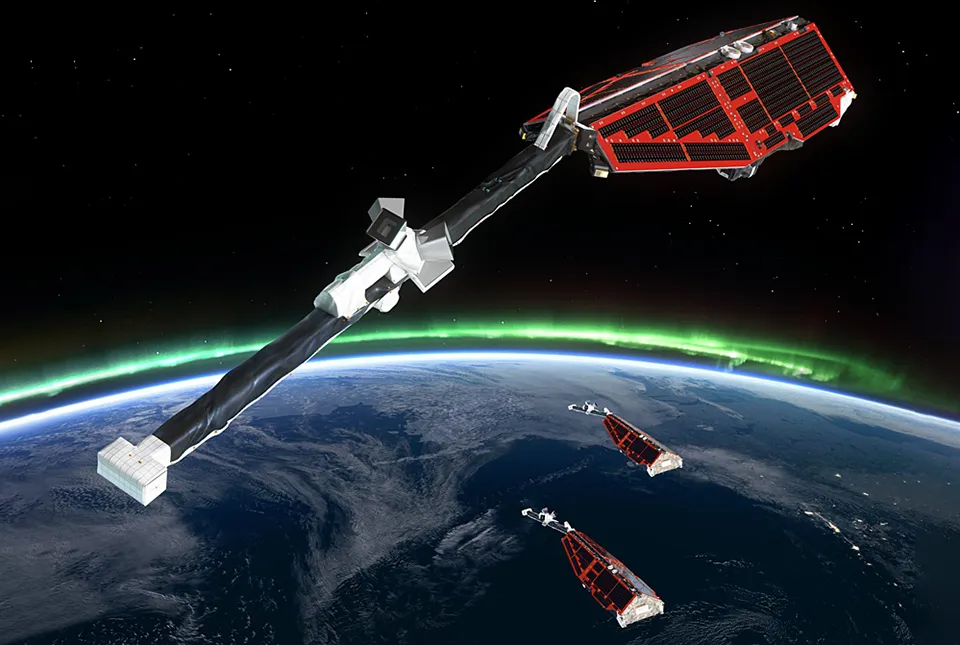
New global space weather hazard index launched
17/01/2025
The new index provides a near-real time, global picture of geomagnetic variations helping to highlight the effects of space weather.
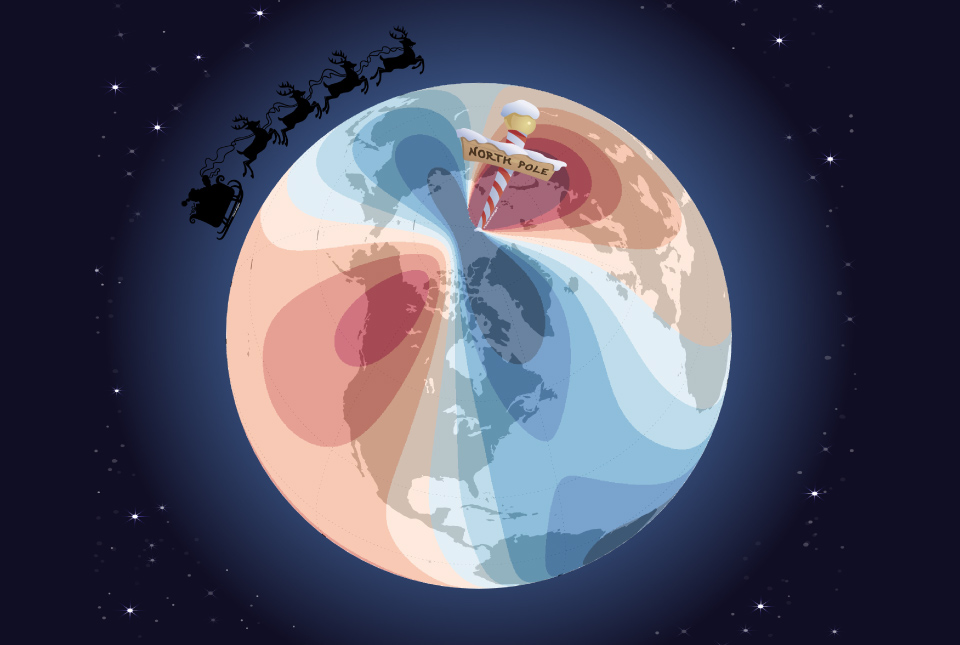
Airlines, shipping companies and sleigh drivers rush to update crucial navigation systems ahead of Christmas rush
17/12/2024
Release of major upgrade to a new model tracking magnetic north prompts global reset of satellite tracking systems across trade and passenger transport routes.
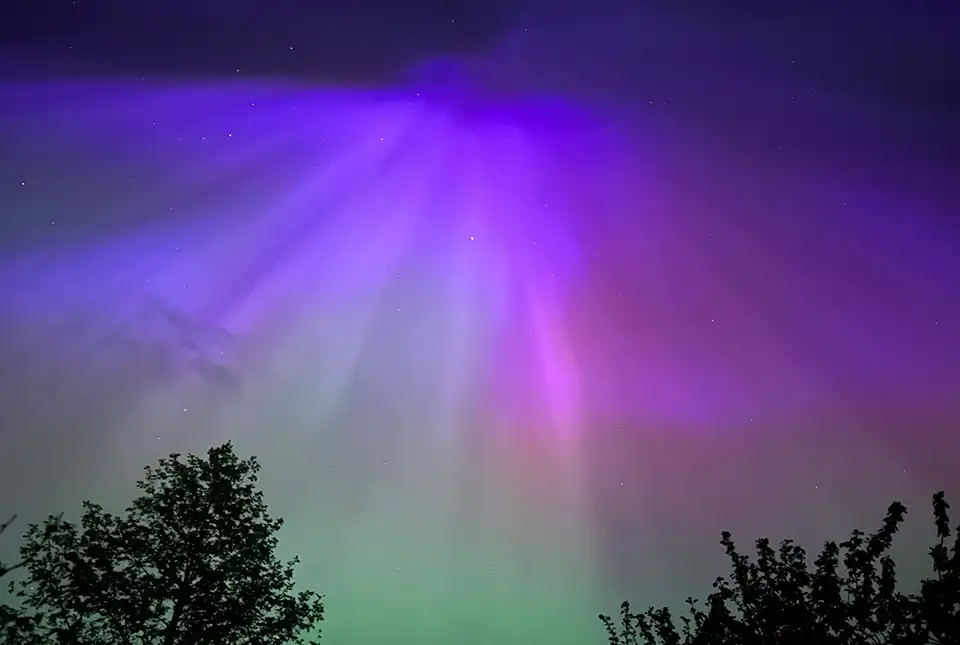
A-roaring display
16/05/2024
The dazzling and colourful aurora borealis, or northern lights, observed by many across the UK last weekend was one of the most extreme and long-lasting geomagnetic storms recorded in the last 155 years.
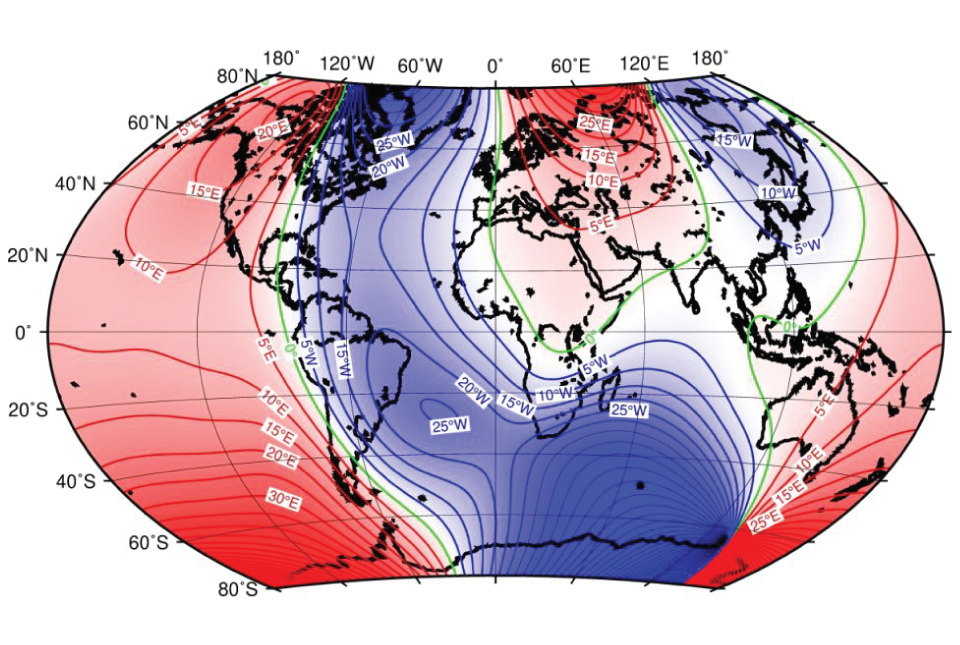
BGS leads update to maps of the Earth’s magnetic field
04/04/2024
The International Geomagnetic Reference Field, used for navigation on mobile phones and in space, is updated every five years.

Will 2024 be the Year of the Aurora?
23/02/2024
The Sun’s approximate eleven-year activity cycle is predicted to peak this year, prompting BGS scientists to anticipate that 2024 will be the ‘Year of the Aurora’.

From the Earth’s core to outer space: understanding the magnetic field
Event on 26/03/2024
A special webinar focusing on our our geomagnetism research, including how we measure the magnetic field, everyday applications and mitigating the threats of space weather.
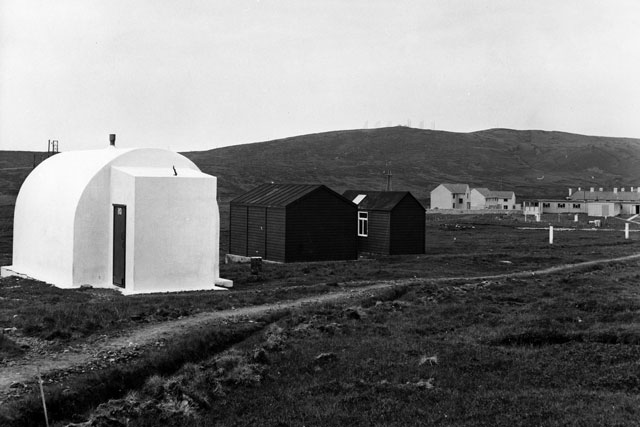
Observing magnetic fields: 100 years of data
02/08/2022
Marking the centenary of the Lerwick Geophysical Observatory.
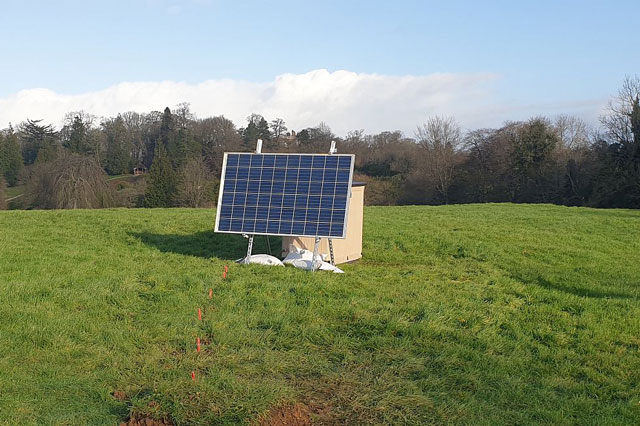
UK’s geomagnetic blind spots tackled with new observatories
28/07/2022
Three new geomagnetic observatories have been installed across the UK to fill in the country’s ‘blind spots’ and tackle the risk posed by space weather.
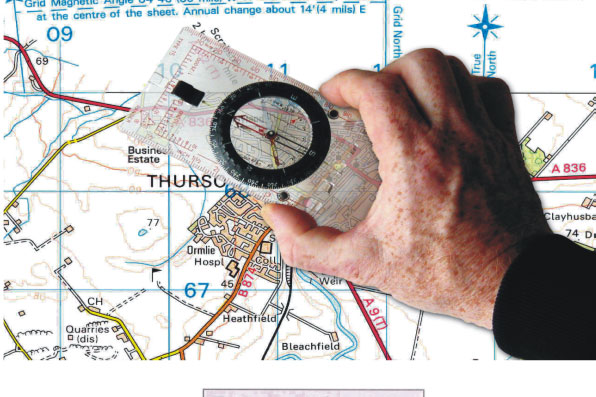
The Great North Run
28/05/2021
The directions of true, grid and magnetic north will, for the first time, coincide at various locations in Great Britain between 2022 and 2026.

Geomagnetism with Sarah Reay
10/02/2021
Sarah Reay discusses why we study the Earth’s magnetic field, the best location for a geomagnetic observatory, and tips for spotting the Aurora Borealis.

Geomagnetism
Measuring, recording and interpreting variations in the Earth’s magnetic field including those caused by space weather



